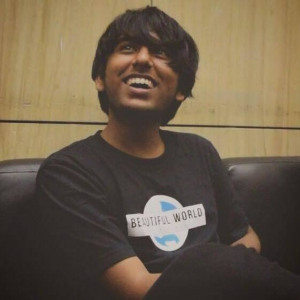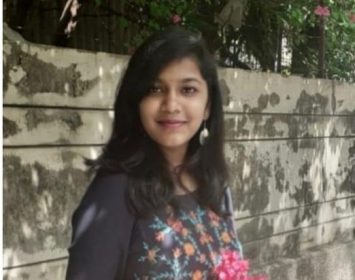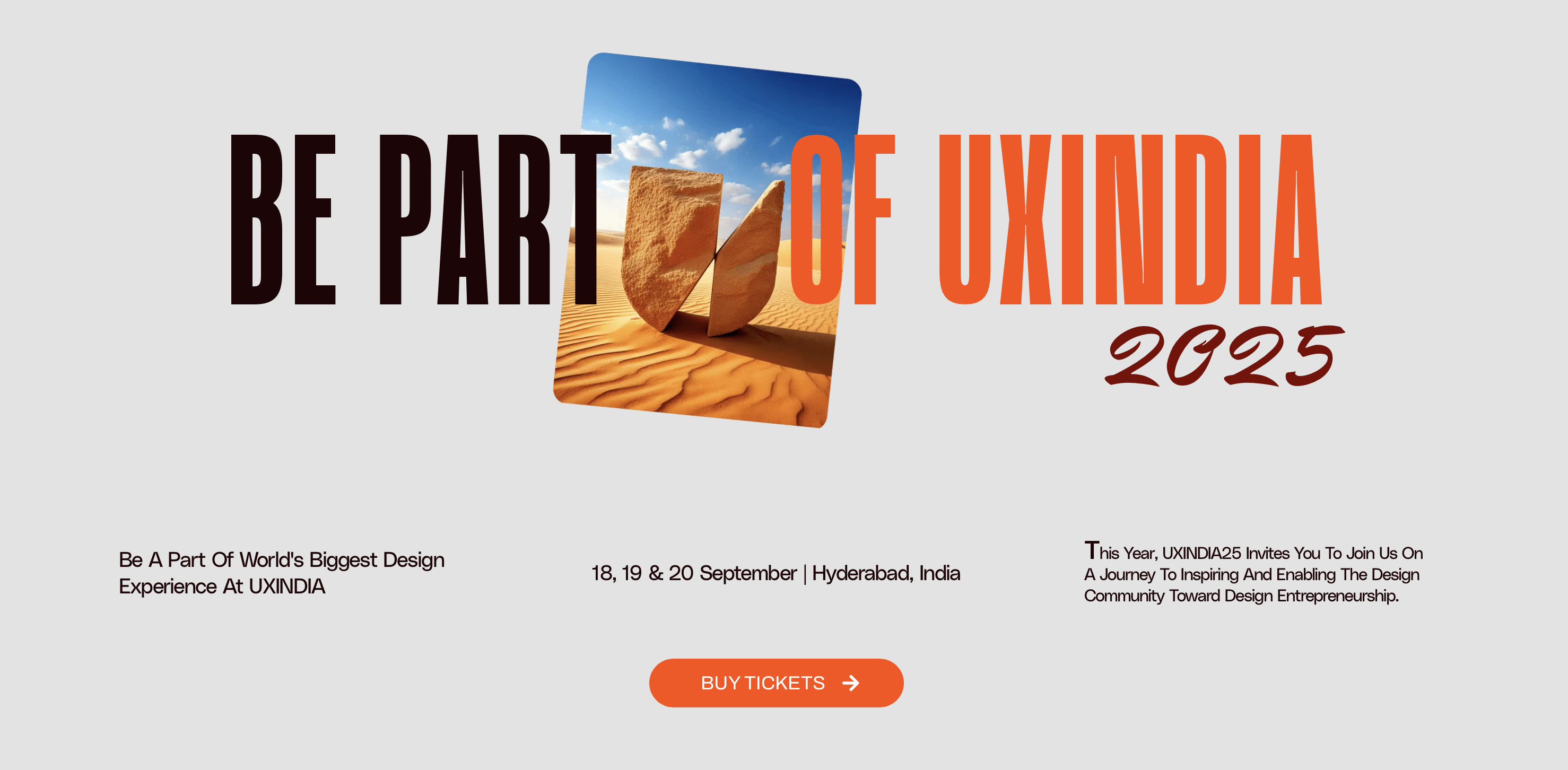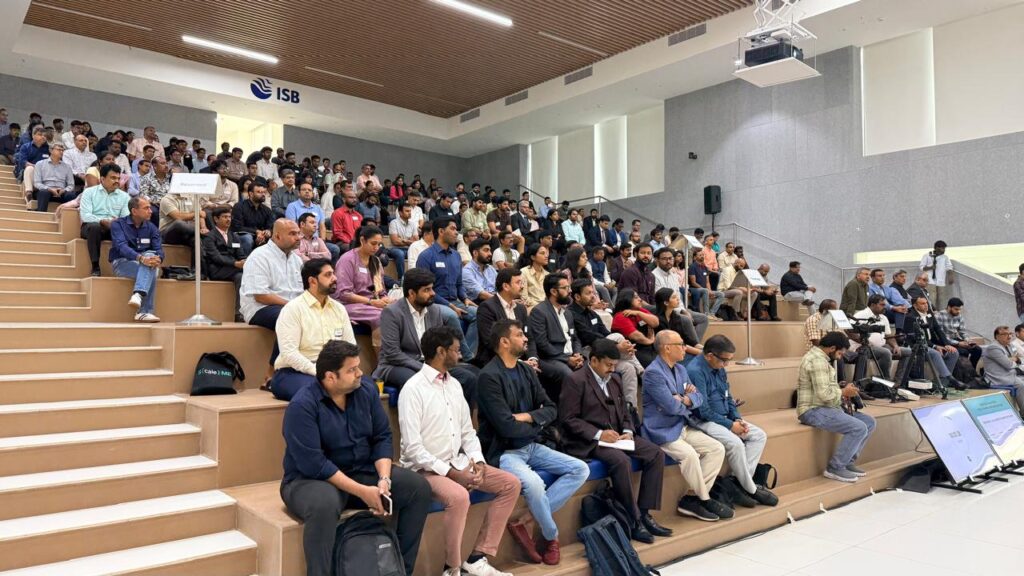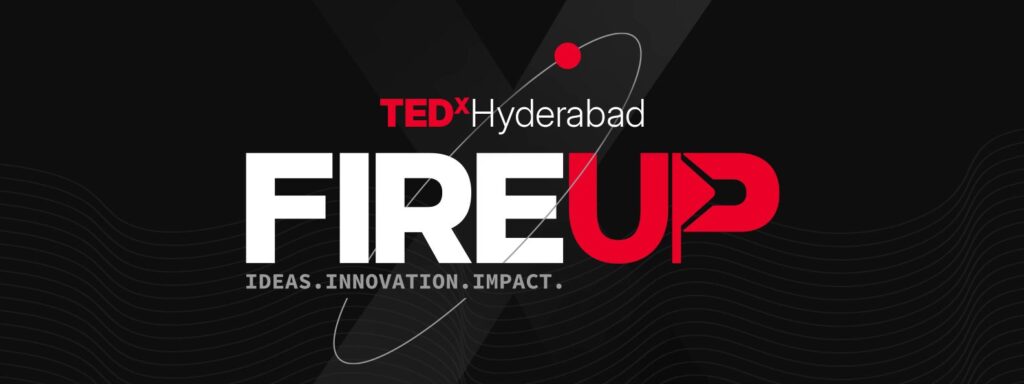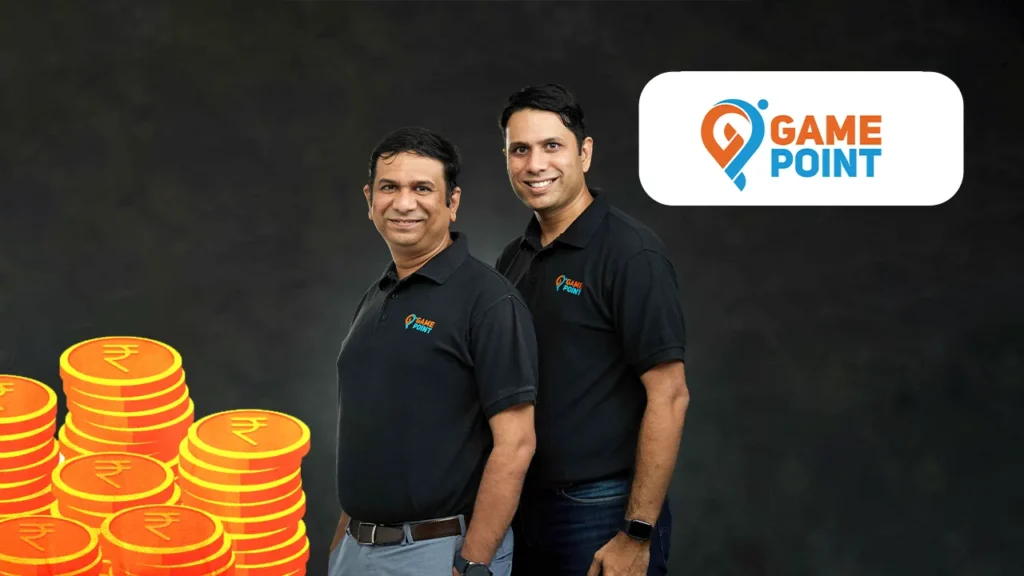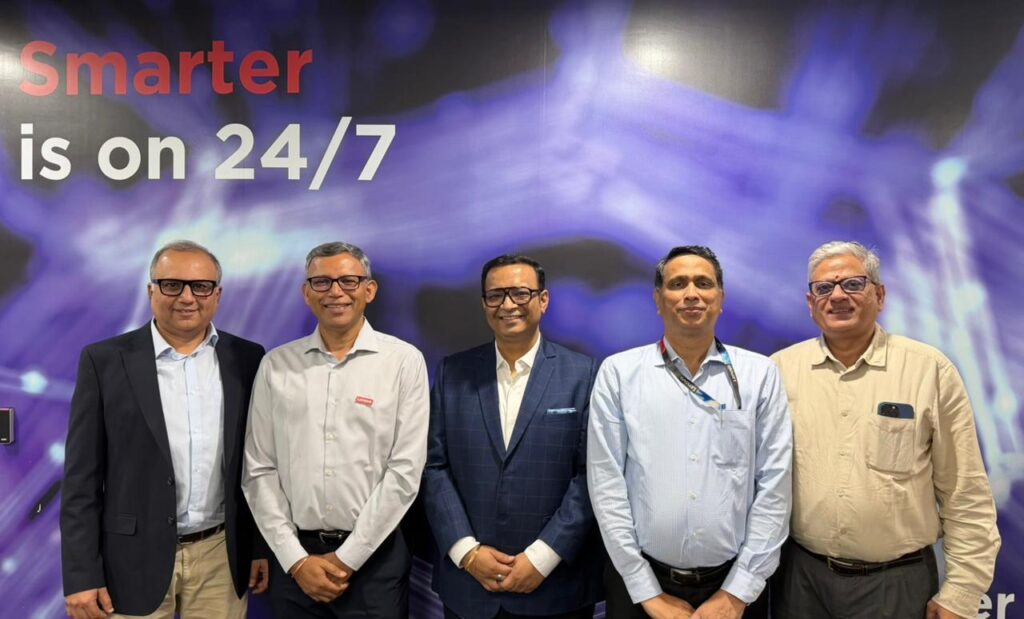Sidharth Bendi, the 21-year-old Hyderabadi, is surely causing havoc in the indie music world with his jam-packed schedule taking him places all over India to deliver enthralling performances and opening for top bands such as we keep searching and when chai met toast. With multiple top of the charts EPs and numerous hit singles, Sidharth Bendi is making a name for himself and for the nation”s music world to remember. Despite being so swamped, the mere fact that Hyderabad”s most celebrated musician took time to converse about his NGO is a testament to his humility and compassion.
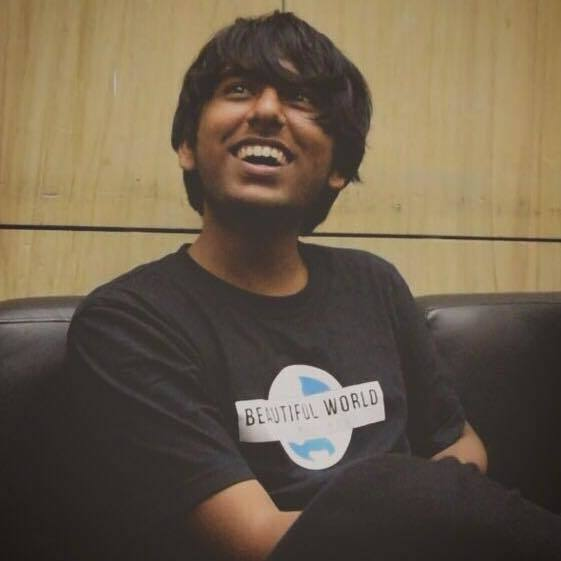
Having realized that youngsters of the city find themselves short of a platform to contribute to society in a meaningful manner, Sidhrath Bendi decided to take one for the team and pave the way with ” The beautiful world movement.” He says We wanted to reach out to as many youths as possible and bring them to the orphanages and show them the problems the kids at the orphanages were facing, understand them and help them out in the way they wished to. Over time, TBWM became a mutually beneficial institution for all its stakeholders. TBWM was also a platform decidedly a deliberate effort for the volunteers to explore their creative expression and artistic pursuit. Drawing inspiration from big names in the social sector such as Heal a child and Roobaroo, the journey of The beautiful world movement began.
How did the idea for setting up this NGO originate? Did any particular incident influence you to do so?
I had just passed out of 12th grade in 2016 when the Paris attacks happened. Around the lines of that, I wrote a song called ” The beautiful world.” It wasn”t with the aim to form an organization as such. In that music video which was to be released on youtube, I wanted to show the struggles faced by the orphanages in Hyderabad. In that process, I called a bunch of friends and we would visit orphanages. I used to post on Facebook that I was visiting a particular organization, attach its location and timing and invite those interested to join me. Eventually, it became such an important and impactful instance to all of us collectively that we wanted to continue it in some capacity. We soon realised that words weren”t gonna cut it and had to do something for them. That”s how we came to host our first fundraiser. After the success of that, it formed a clear picture and led us to the organisation that it has become now.
How did you manage your organization? What was the working structure like?
Even till the fundraiser, there was no structure as such. Basically, anybody who has time could contribute in any manner they could. During the initial phase, Nikhitha and Prudhvi stood by me with the former helping me reach out to people and the latter shooting the videos for me. There was still no structure till April 2017 when we got registered. We hosted our first summer camp in May 2017 and that brought a new dawn to us where we tried to figure out how we wanted to take it forward. The May 2018 summer camp was better and much bigger where we had triple the volunteers. At this point, it was pretty much word to mouth so we decided to launch our website for easy access and traction.
What is the structure like right now?
Every year, there is an influx of volunteers and we need them to keep coming. This is primarily because as young students we tend to have fleeting interests and schedules. It”s impractical to bestow complete responsibility to just one such person. So I identify the extra competent and responsible people from each set of volunteers and who can give maximum time and delegate work to them. I identify the goals for the year and formulate a plan to divide responsibilities and set deadlines. The rest of the volunteers are allotted duties in their strongest fields.
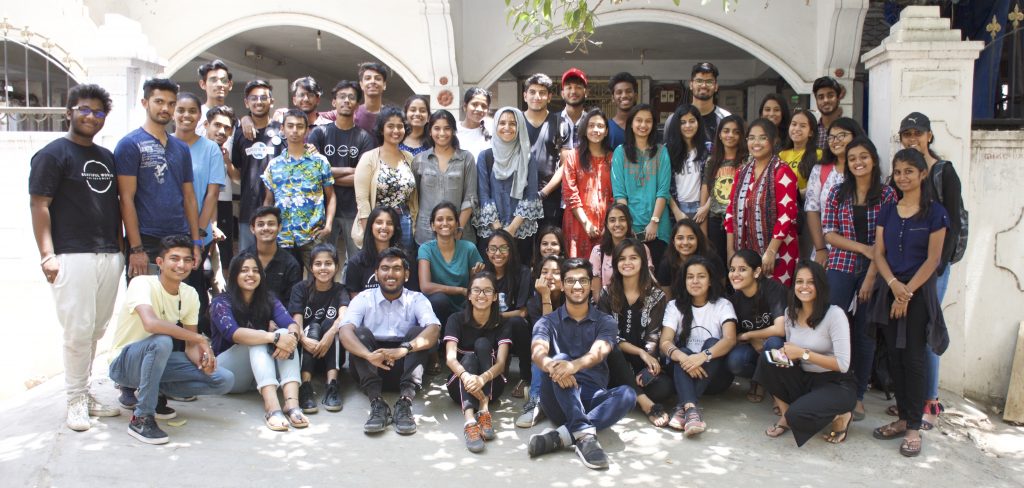
What are some of the core values of the organization that everyone who is a part of it has to swear by?
The spirit to learn from the kids we visit. To remember our roots and not to get lost in one”s privilege. Try to learn to be more responsible and dependable. Learn things that you otherwise wouldn”t. I wanted it to be mutually helpful. How valuable money is. All the basic values come back to you when you work in TBWM. I definitely feel the urge to retain those values for all of us.
Having a completely young base of volunteers must have its own disadvantages – be it lack of expertise or prior knowledge. What do you have to say about it?
I understand that it is not always viable to have such a set of volunteers but I wouldn”t have it any other way. Yes, young is irresponsible, Young is carelessness. But young is also passionate, driven and quick to learn from their mistakes. Mistakes are a way of life and the worst thing would be not to make a mistake and lose out on an opportunity of learning. It”s a daily process and we keep ourselves motivated and focused.
What sets TBWM apart from other organizations in the same field?
I believe that the kind of approach we have to our events and fundraising is very different. Not different in a way that nobody else is doing it, everybody else is doing it the way but our approach lies in the attention to detail to the tiniest of things. Our difference lies in opting for little things that show care and concern and reflect it rightly. Be it the particulars of decor or using greeting cards from kids as invitations, we”re all about putting the kids first. Another interesting thing that we do is having young achievers as chief guests to our events.
What are some of the key milestones that make you realise what a long way you”ve come?
In summer 2019, we had a crowdfunding programme for Milaap where we raised 1 lakh to buy an ambulance and this was a very big contribution for us. There was an orphanage for which we did a secret fundraiser to help it stay afloat and within just a week”s planning, we had an instrumentalist from Europe help us raise 60,000.
What is the most difficult challenge you faced in the leadership of the NGO?
Initially, it was difficult for me to understand that young people make mistakes. Yes, I”m also very young but the difference is that I already come from a mindset of working every day. I quit college to work so my outlook is different from those still in college and wanting to have some fun. These were always the kind of things that could be repaired and not the kind that could potentially bring us down.
Do you have any closing comments for us?
Just that we are an organization that is constantly growing and learning. We would like to be given more chances to contribute to society in any way that we could. If any reader wishes to help us in our humble mission in time, kind or money, they can reach out to us and do their part!

